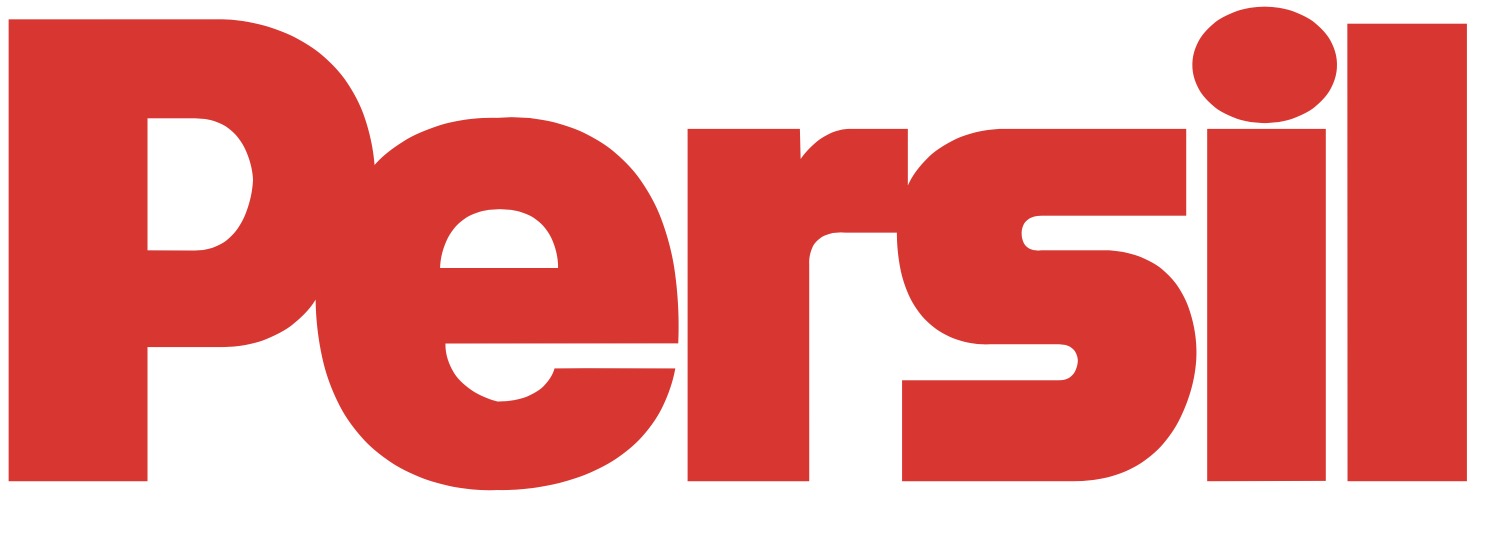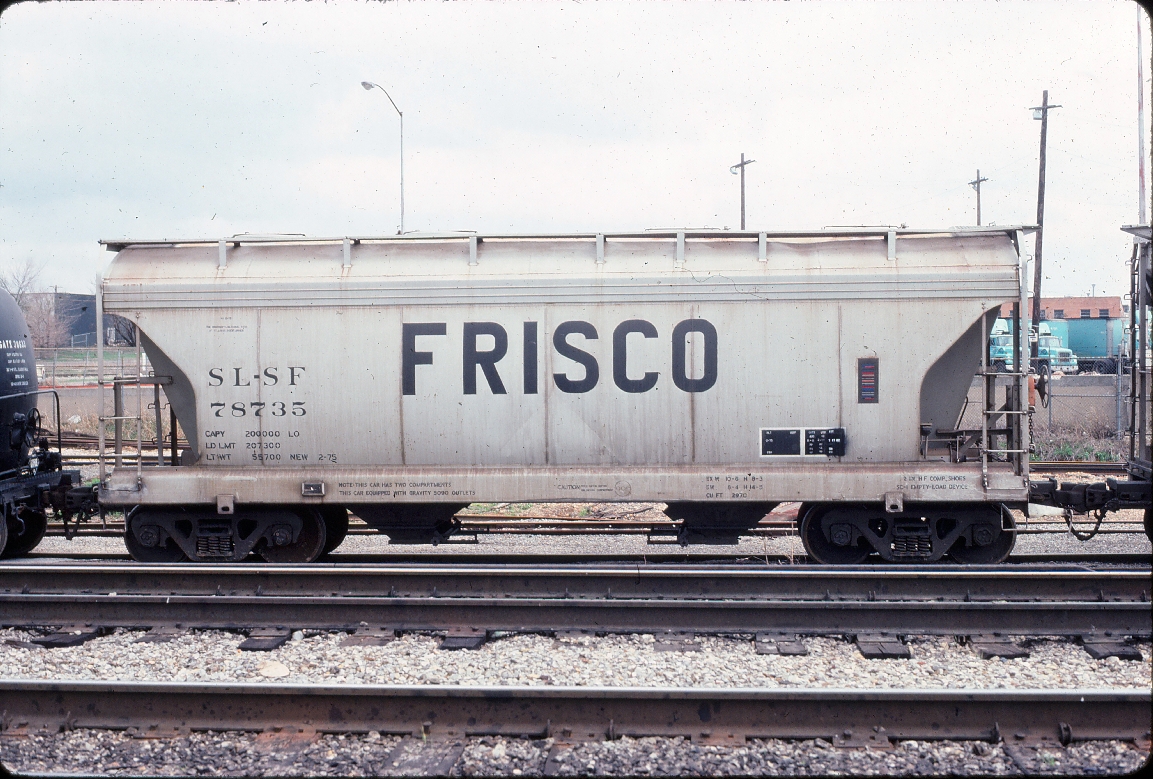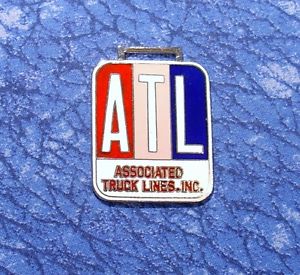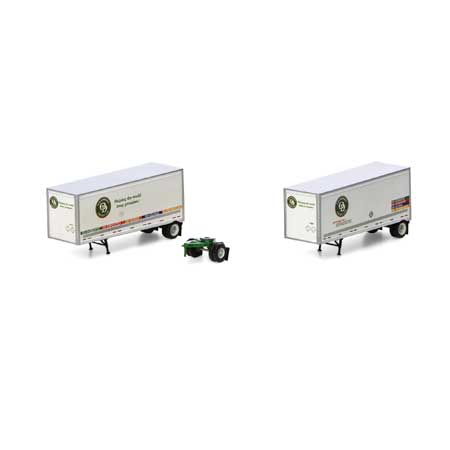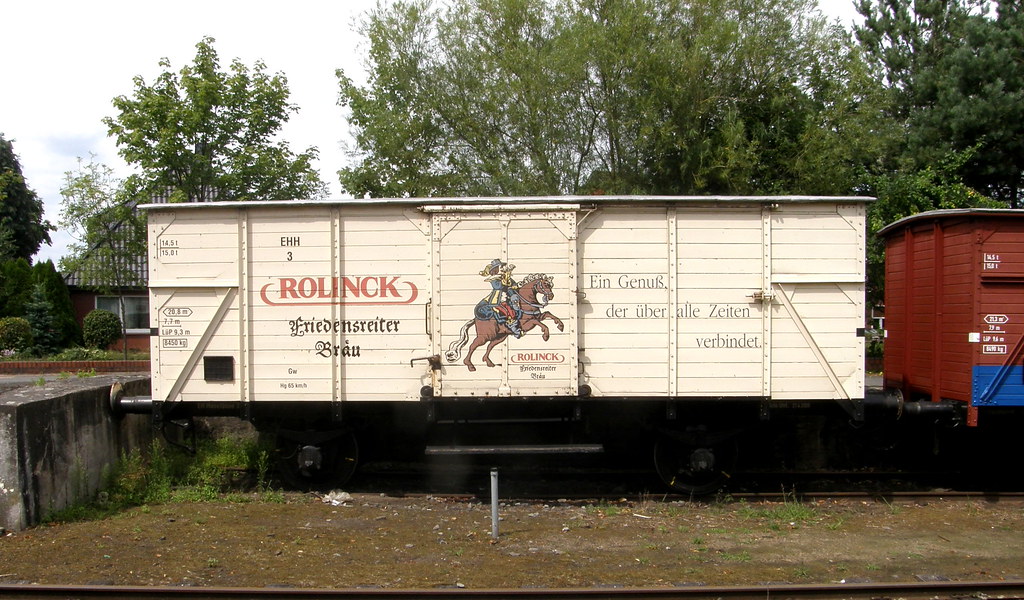Prototype History: The proliferation of the rail system in Europe in the later part of the 19th century provided ample opportunity for various breweries to expand the reach of their product. They jumped at the chance to move their product over long distances with ease. They also were aggressive with the advertising on the sides of these railcars. These cars were typically small (less than 40 feet) and ran on two axles.
Some cars were only for use in (slow) loose-coupled ordinary goods trains. Other types common in Ep I-III had footboards and hand grips along the length of the wagon (Laufbrettern und Handgriffen), to enable them to be used in (faster) Personenzug, where the guard needed to access the whole train.
Some cars were only for use in (slow) loose-coupled ordinary goods trains. Other types common in Ep I-III had footboards and hand grips along the length of the wagon (Laufbrettern und Handgriffen), to enable them to be used in (faster) Personenzug, where the guard needed to access the whole train.
Road Name History: Persil (/ˈpɜːrsɪl/, German pronunciation: [pɛʁˈziːl]) is a German brand of laundry detergent manufactured and marketed by Henkel around the world except in the United Kingdom, Ireland, France, Latin America (except Mexico), China, Australia and New Zealand, where it is manufactured and marketed by Unilever. Persil was introduced in 1907 by Henkel. It was the first commercially available laundry detergent that combined bleach with the detergent. The name was derived from two of its original ingredients, sodium perborate and sodium silicate.From Wikipedia
Manufacturer Information: 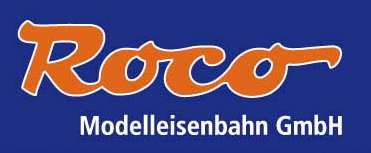 The company was founded in 1960 by Ing. Heinz Rössler and started with a plastic Minitanks series of military vehicles. After export to the USA became successful, the model line was expanded with model trains in HO scale and the smaller N scale. TT scale was also subsequently added to the product line. The model rail product line covers many European countries including Germany, Belgium, Luxembourg, France, Spain, Austria, Italy, Switzerland, Sweden and the Netherlands, and also the USA.
The company was founded in 1960 by Ing. Heinz Rössler and started with a plastic Minitanks series of military vehicles. After export to the USA became successful, the model line was expanded with model trains in HO scale and the smaller N scale. TT scale was also subsequently added to the product line. The model rail product line covers many European countries including Germany, Belgium, Luxembourg, France, Spain, Austria, Italy, Switzerland, Sweden and the Netherlands, and also the USA.
On July 15, 2005 ROCO Modellspielwaren GmbH was declared bankrupt. From July 25 the company continues as Modelleisenbahn GmbH, but still uses the Roco brand and associated logo. On October 1, 2007, distribution of the 'Minitank' product series was assigned to the German model car manufacturer Herpa.
Since February 2008 Modelleisenbahn also owns Fleischmann, which like Roco had gone bankrupt. The two companies continue as separate brands under Modelleisenbahn GmbH, while benefiting from economies of scale through joined development projects, marketing and procurement.
From Wikipedia

On July 15, 2005 ROCO Modellspielwaren GmbH was declared bankrupt. From July 25 the company continues as Modelleisenbahn GmbH, but still uses the Roco brand and associated logo. On October 1, 2007, distribution of the 'Minitank' product series was assigned to the German model car manufacturer Herpa.
Since February 2008 Modelleisenbahn also owns Fleischmann, which like Roco had gone bankrupt. The two companies continue as separate brands under Modelleisenbahn GmbH, while benefiting from economies of scale through joined development projects, marketing and procurement.
From Wikipedia
Item created by: CNW400 on 2020-07-16 13:53:09. Last edited by CNW400 on 2023-11-10 22:23:35
If you see errors or missing data in this entry, please feel free to log in and edit it. Anyone with a Gmail account can log in instantly.
If you see errors or missing data in this entry, please feel free to log in and edit it. Anyone with a Gmail account can log in instantly.



